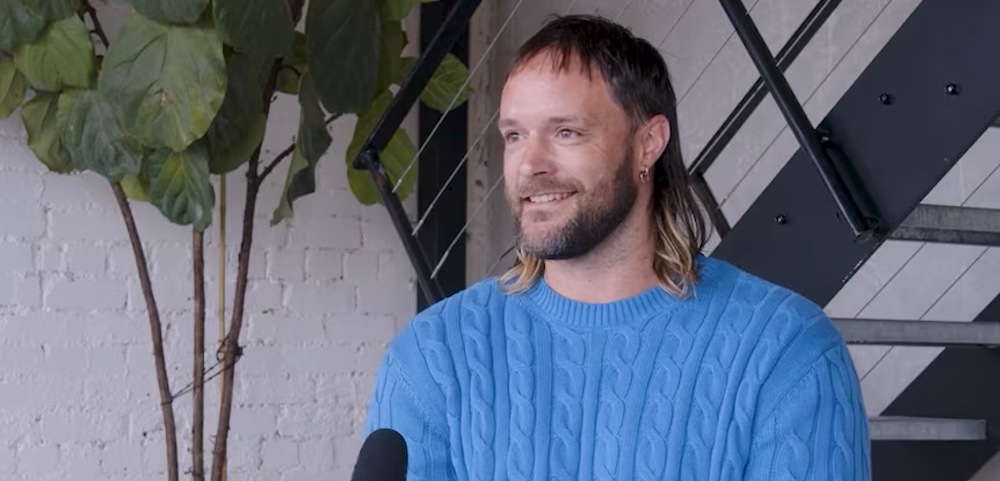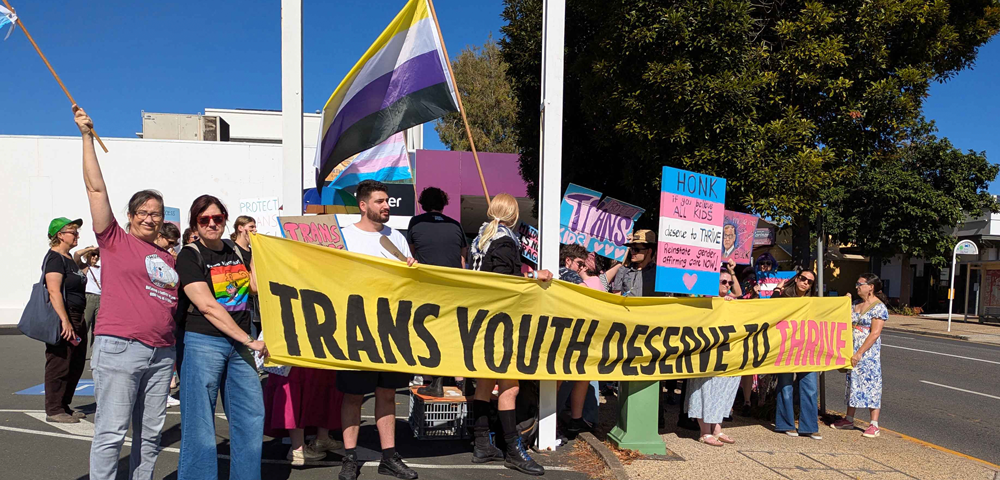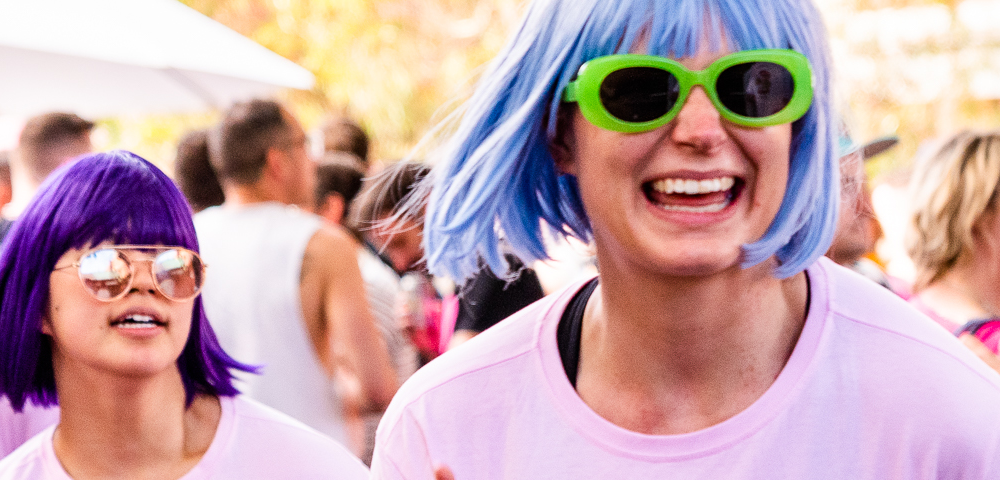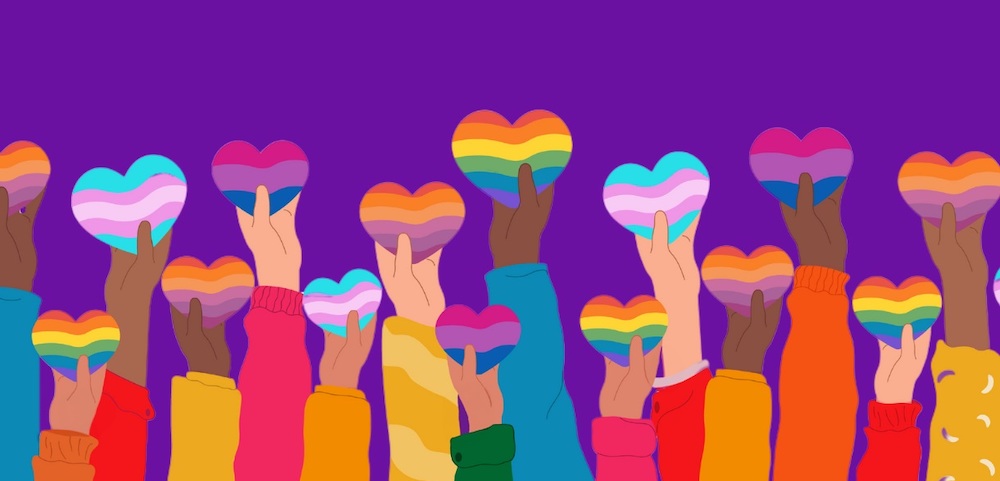
‘Queer people in the Indigenous community need allyship’: Courtney Act
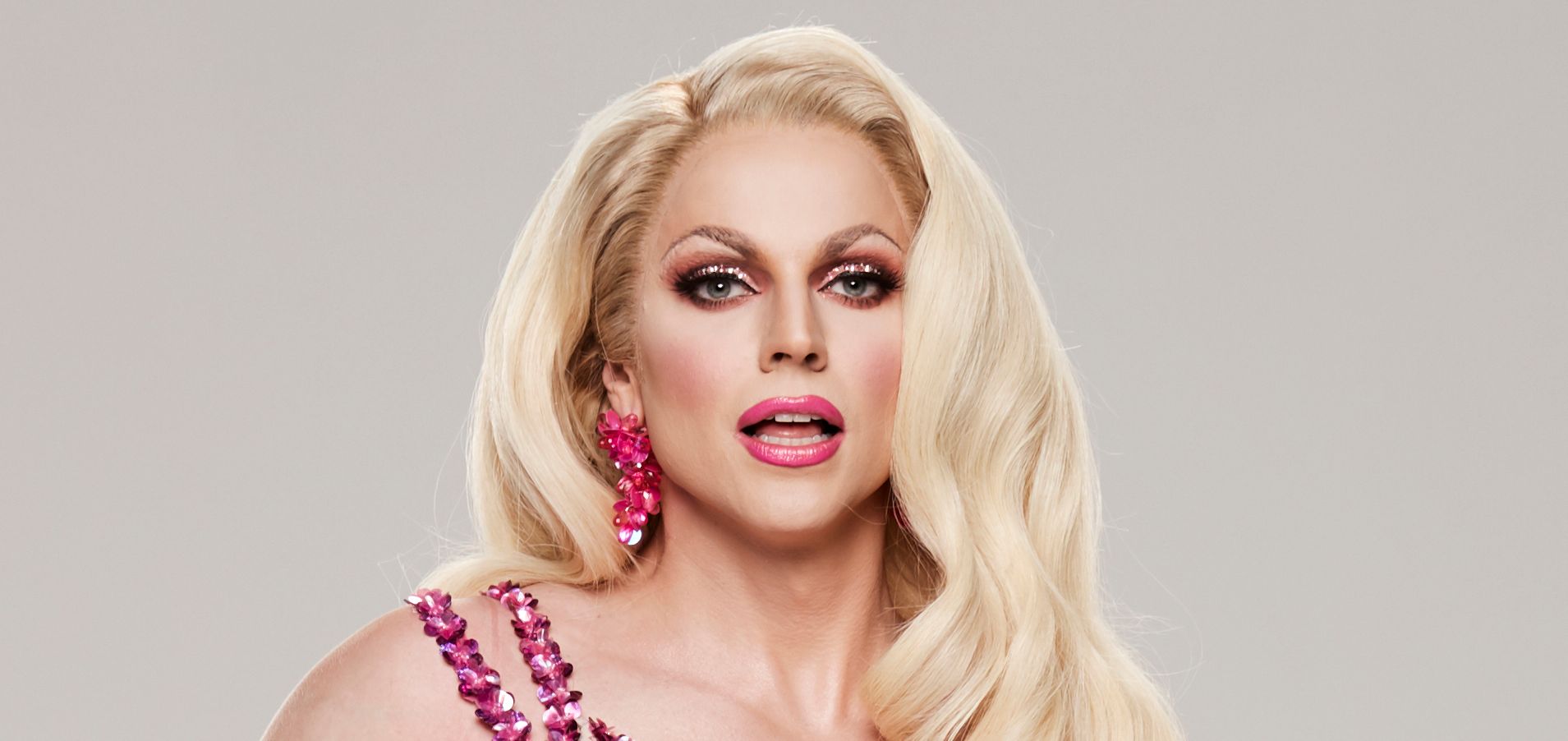
Dancing with the Stars frontrunner Courtney Act speaks to Matthew Wade about allyship, representation, and dance.
***
When drag icon Courtney Act was asked to compete on this year’s season of Dancing with the Stars for a charity of her choosing, her decision to support Indigenous suicide prevention organisation Black Rainbow was instinctive.
More than the prospect of winning the competition – and $50,000 for her charity – Act says she wanted to use the platform as a way to bring visibility to that intersection of the community.
“I understand how allyship is important to the upliftment of queer people,” she says.
“We can have all the Pride flags we want, but unless mainstream cisgender and heterosexual people are willing to get on board, we’re still sort of separate. Separate and not equal.
“And I think queer people in the Indigenous community need to see that allyship as well, from both within and outside of the LGBTIQ+ community.”
Act is speaking to me over the phone during a brief break in her dance rehearsal. She rehearses for six hours every day from Tuesday to Saturday, before a mammoth 14-hour rehearsal on Sundays. On Monday mornings she then begins her drag transformation ready for Dancing with the Stars that night.
Despite the gruelling schedule, Act says it’s more than worth it.
If she ultimately takes the crown in a few weeks time, she says the $50,000 will be used to fund a unique Curtin University study exploring Indigenous LGBTIQ+ statistics around key issues like homelessness, suicide, and sexual health.
“[LGBTIQ+ people] like to think that because we’ve suffered our own oppression we’re more empathetic to other minority communities, but often it seems to be the opposite in so many ways,” she says.
“White people in the queer community don’t always seem to understand the experiences of queer people of colour, even though there are so many parallels.
“An Aboriginal and gay friend of mine says ‘the gays are racist’, and that his experience hasn’t been a positive one.
“That’s why the people at Black Rainbow are doing amazing work, and I’m glad I can help shine a light on them.”
Act is no stranger to reality television. Having competed on Australian Idol, RuPaul’s Drag Race, and Celebrity Big Brother before becoming the host of The Bi Life, Act has helped to diversify the often cisgender and heterosexual programs that dominate the small screen.
More than that, she has regularly used these platforms to speak out about a number of queer issues including trans acceptance, HIV stigma, and biphobia.
She believes seeing diverse stories on television and in film help disparate communities find common ground.
“We have the internet now, so a lot of people are able to take in media from around the world, but that’s still not everyone,” she says.
“And Australia does really poorly when it comes to diversity in media; we have so many different cultures and colours in our country but when you turn on the TV it doesn’t look the world we walk around in.
“When people see themselves reflected back – whether they’re people of colour, or queer people, or people living with a disability – it helps make the wider community aware that our similarities are greater than our differences.
“Everyday people aren’t necessarily out looking for me or my story, but I come for them whether they like it or not, into their living rooms and on a television show they’re familiar with. And while you might not relate to my story personally, you might at the very least understand where I’m coming from.
“And it’s that storytelling that brings us together.”
Act says her experience being on Dancing with the Stars so far has been incredibly different to the other shows she’s taken part in, for the better.
Growing up, she would idolise dancers in music videos and in film musicals, and now that she has the opportunity to live out that fantasy herself, she says it’s “magical”.
“It’s not high drama like the other shows, it’s really about getting to learn to dance every week,” she says.
“And to have all the production elements and costumes come together each week is amazing.”
She adds that it’s been refreshing to be herself on a mainstream Australian television show, and to have both her queerness and outspokenness accepted wholeheartedly.
“In the past I’ve always had to pare back messages in the things I do to make it acceptable for audiences,” she said.
“And for so long you were just lucky to be there, and the fact you were there was enough.
“But we’re all just people at the end of the day, working towards that lovely futuristic far off world where we don’t need labels anymore, and I’m so happy to be part of that fight.”




